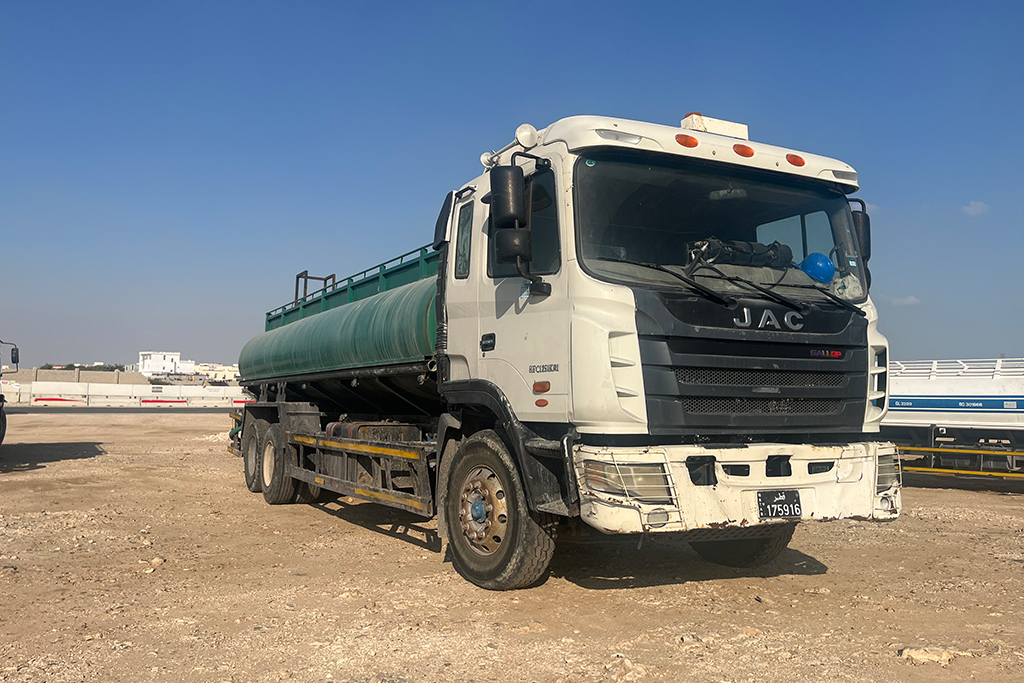Guide to Sewage Water Removal in Qatar

Guide to Sewage Water Removal in Qatar: Ensuring Sustainable Wastewater Management
Wastewater management is a critical aspect of modern urban planning, and in Qatar, it plays a vital role in maintaining public health, environmental sustainability, and supporting rapid infrastructure growth. This blog will guide you through the processes, challenges, and advancements in sewage water removal in Qatar.
1. Introduction to Sewage Water Management in Qatar
As one of the fastest-growing nations in the Gulf, Qatar’s rapid urbanization and population growth have increased the need for efficient sewage water removal systems. The country has invested in state-of-the-art wastewater treatment facilities to ensure that untreated sewage is not a risk to public health or the environment. Efficient sewage systems contribute to Qatar’s goal of sustainable urban development, aligning with its National Vision 2030.
2. How Sewage Water is Managed in Qatar
Sewage water management in Qatar typically involves several key steps:
- a. Collection and Transport
Sewage is collected from residential, commercial, and industrial areas through an extensive underground sewer network. In more urbanized areas such as Doha, a well-structured pipeline system ensures continuous collection of sewage. For more remote areas, sewage is often collected using tankers. - b. Reuse and Disposal
A significant portion of treated wastewater in Qatar is recycled for various purposes, including landscaping, agricultural irrigation, and even industrial cooling. This approach reduces the demand for fresh water, a precious resource in the arid environment of Qatar. The remaining treated water that cannot be reused is safely disposed of in designated areas, ensuring no harm to the environment.
3. Challenges in Sewage Water Removal
While Qatar has made significant strides in sewage water management, challenges remain:
- Rapid Urbanization: With growing cities and infrastructure, the demand for sewage treatment increases. This requires constant expansion and upgrades to existing systems.
- Environmental Concerns: Managing sewage in an eco-friendly way is crucial, especially in regions close to natural habitats like the coast. Spillage or untreated sewage can have dire environmental consequences.
- Public Awareness: The success of wastewater management systems also depends on public cooperation. Awareness campaigns to promote responsible waste disposal are necessary to prevent blockages and inefficiencies in sewage systems.
4. Qatar’s Innovative Approaches to Wastewater Management
Qatar is committed to sustainable development and is leveraging advanced technologies in sewage water management. Some of the innovations include:
- Smart Sewage Systems: Qatar has begun integrating smart technology into its sewage networks. These systems use sensors and automated controls to monitor sewage levels, identify potential blockages, and optimize treatment processes in real-time.
- Green Energy from Wastewater: Some treatment plants in Qatar are exploring the generation of energy from wastewater by using the biogas produced from sewage sludge. This energy can be used to power the treatment plants themselves, contributing to the country’s renewable energy targets.
- Public-Private Partnerships (PPPs): To meet its growing infrastructure demands, Qatar has embraced PPPs, which bring private investment and expertise into the wastewater management sector. These partnerships allow for the rapid development of sewage infrastructure while reducing the burden on public finances.
4. Future Prospects for Sewage Management in Qatar
As Qatar continues to grow, so will its sewage management needs. To meet future demand, the government is investing in long-term projects that will expand and modernize its sewage networks. Key projects include:
- Expansion of Doha South Sewage Treatment Works: One of the largest treatment plants in Qatar, Doha South is undergoing expansion to increase its capacity to handle sewage from the growing population of Doha and its surrounding areas.
- Integrated Drainage and Wastewater Treatment Programs Qatar is also working towards a fully integrated drainage system that combines rainwater management with sewage systems to reduce flooding risks and optimize water use.
6. Conclusion
Sewage water removal in Qatar is a critical component of the country’s infrastructure and environmental goals. Through advanced technology, smart systems, and a commitment to sustainability, Qatar is not only addressing the current needs of its residents but also preparing for future growth. Continued innovation and investment in wastewater management will help ensure that Qatar remains at the forefront of sustainable urban development in the Gulf region.
